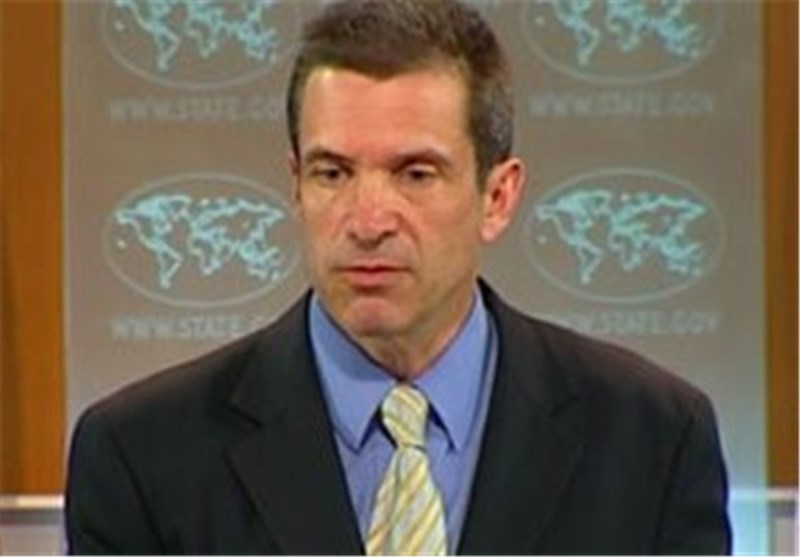“I don’t think he (John Kerry) was being specific that there’s some kind of new policy to be launched here or new arrangement in the terms of concrete actions. Simply, he was just emphasizing or underscoring the fact that if Iran chooses to act more constructively in the region, then we can have a different kind of relationship with Iran,” Toner said at a daily briefing on Friday, referring to the recent remarks by the US Secretary of State suggesting Washington was open to a “new arrangement” with Iran for resolving the issue.
The spokesman’s remarks came after a top Iranian military official reminded the US to keep its nose out of Tehran’s defense program, stressing that the Iranian Armed Force will not allow any foreign country to set limits for its activities, including progress in the missile industry.
“Iran’s missile power is by no means negotiable and any restriction on it is a red line for the country,” Deputy Chief of Staff of the Iranian Armed Forces Brigadier General Massoud Jazayeri said on Friday.
“Iran will not get permission from anybody to boost its defense capabilities,” he added.
In late March, Leader of the Islamic Revolution Ayatollah Seyed Ali Khamenei had underscored the need for boosting Iran’s defense capabilities, warning that enemies are making use of every tool available to undermine the Islamic Republic.
Ayatollah Khamenei said at the time that if the Islamic establishment seeks technology and negotiations but lacks defense might, it will have to buckle in the face of any weak country that poses threat to it.
In March, the country’s Islamic Revolution Guards Corps (IRGC) forces test-fired two types of Qadr ballistic missiles during the large-scale drills, codenamed “Might of Velayat”.
The two ballistic missiles, Qadr-H and Qadr-F, were launched from the heights of East Alborz Mountains, north of Iran, and hit targets on the Makran coasts, southeast of the country.
According to reports, Qadr-H missile has a range of 1,700 kilometers while Qadr-F missile can destroy targets some 2,000 kilometers away.
